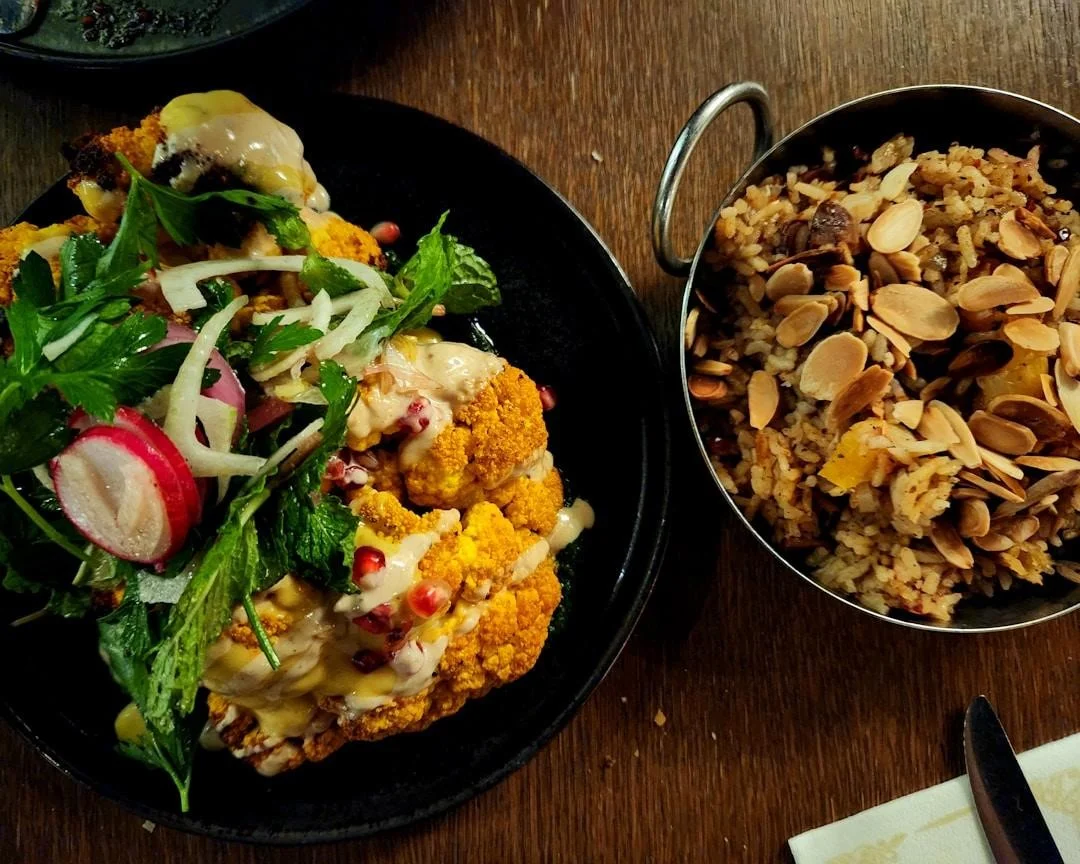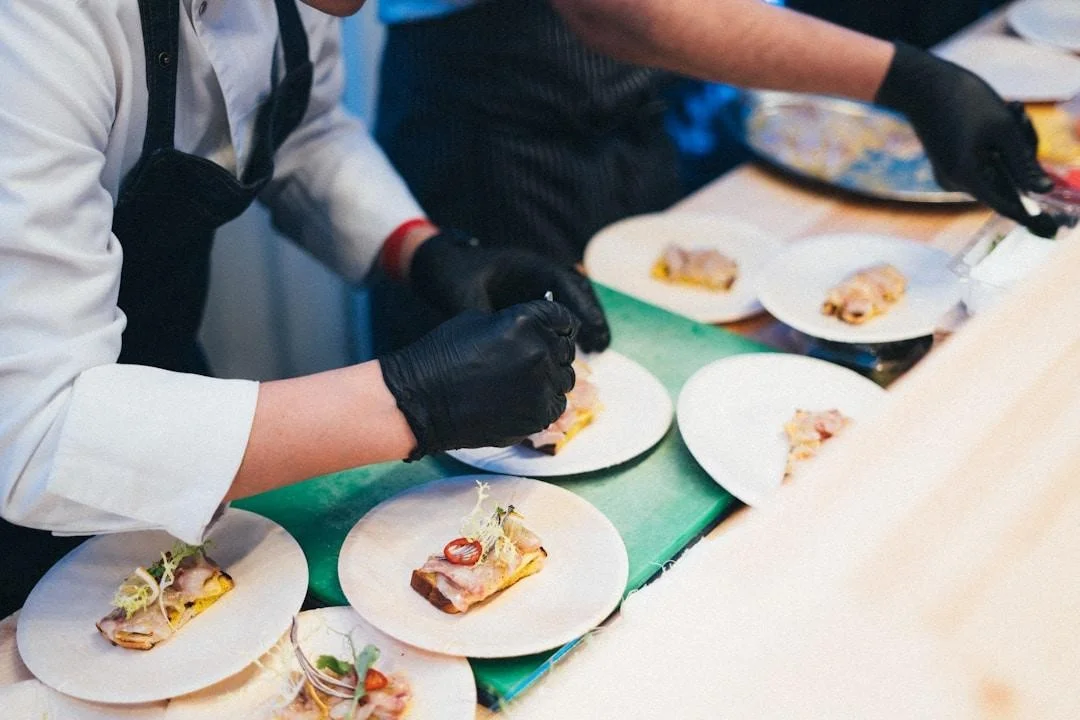Embarking on a career in vegan culinary arts requires more than just a passion for plant-based cuisine; it involves a commitment to mastering the craft. As the world becomes more health-conscious, the demand for skilled chefs capable of creating innovative vegan dishes is on the rise. Identifying a culinary school that will equip you with the necessary knowledge and expertise is crucial. If you’re considering a future where you create meals that are as nourishing as they are delicious, it’s vital to choose the right education partner. Keep reading to discover how to find the best vegan culinary school for you.
Understanding the Vegan Culinary Landscape

The rise of plant-based diets has transformed the culinary world, making veganism a mainstream movement driven by sustainability and ethical concerns. In response, many culinary schools now offer specialized programs in vegan cuisine, integrating nutrition science, food sustainability, and ethical considerations. Understanding each school’s philosophy and teaching approach is crucial for aligning with personal and professional goals.
Aspiring chefs should look for schools that stay current with food trends and emerging technologies like lab-grown meat and plant-based proteins. Location also plays a vital role, as proximity to thriving food scenes enhances learning and career opportunities. In this regard, New York vegan culinary schools are particularly appealing, given the city’s status as a global food hub.
Key Factors to Consider When Selecting a Vegan Culinary School
When choosing a culinary school, consider the quality of faculty, facilities, network, and financial aspects. Faculty with extensive vegan cuisine experience and passion for teaching can provide valuable insights and mentorship. Schools should have professional-grade kitchens with modern appliances and tools for hands-on experience.
Networks and industry connections can influence internship opportunities, guest lectures, and job placements after graduation. These connections can lead to internships at renowned restaurants or influential food companies. Financial aspects like tuition fees, scholarships, and financial aid options should be considered. Ensure that the cost of education is manageable and a worthwhile investment in your future career.
The Role of Accreditation and Certification in Vegan Culinary Education
Vegan culinary schools often have accreditation, which signifies that they meet certain standards of excellence in education. This seal of approval assures students that their investment is reputable and recognized within the culinary profession. Certifications, such as those from esteemed culinary associations or sustainability-focused organizations, can set a chef apart in the job market.
Accreditation bodies regularly evaluate curriculum and teaching practices to establish industry standards and improve educational outcomes. Students should verify the accreditation status of any vegan culinary school they consider to avoid disappointments and ensure global respect for their qualifications.
Exploring Curriculum and Hands-On Training Opportunities

A comprehensive curriculum is crucial for a quality culinary education, including vegan culinary schools that cover a wide range of subjects such as cooking techniques, nutrition, and plating aesthetics. Practical training under experienced chefs is essential for students to refine their skills and become proficient in vegan cooking.
Farm-to-table programs or on-campus gardens offer insight into ingredient sourcing and quality, essential for vegan cuisine. Learning to select and use fresh produce can enhance a chef’s portfolio. Progressive culinary schools may also offer workshops, pop-up restaurant experiences, or collaborations with successful vegan chefs, enhancing learning and building a student’s resume and professional network.
Leveraging Alumni Success Stories and Career Support Services
Alumni achievements are a crucial indicator of a culinary school’s ability to prepare students for real-world success. Researching alumni success stories can help students understand potential career paths post-graduation. Schools with a strong alumni network, such as chefs, restaurateurs, or vegan thought leaders, can be a strong indicator of the program’s potential. Career services are essential, offering assistance with resume writing, job placement, and networking events.
Mentorship programs can provide real-world insights and a chance to ask questions directly to alumni, creating a strong community of knowledge and experience. The reputation of a culinary school in the industry can be as significant as its curriculum, as it can be a testament to the quality of education and the success of its graduates, potentially opening doors to prestigious internships and employment opportunities.
Overall, selecting the best vegan culinary school is a decision that should be approached with thorough research and careful consideration. It’s about finding a school that not only teaches the skills required for a successful career but also aligns with personal values and professional goals. By keeping these guidelines in mind, aspiring chefs can pave their way to a fulfilling future in the plant-based culinary arena.





